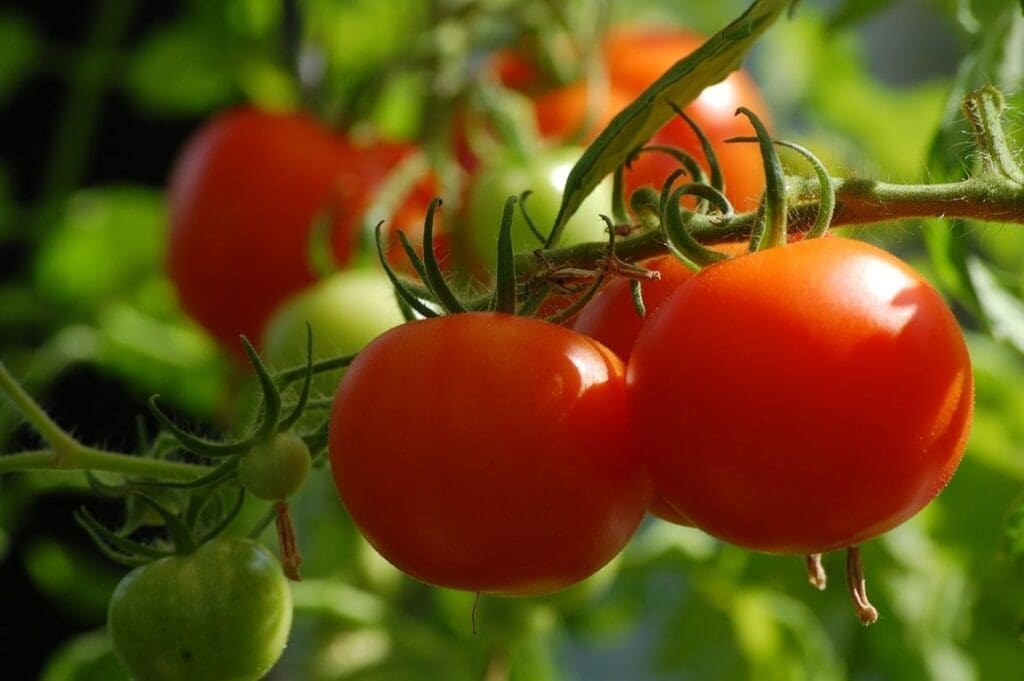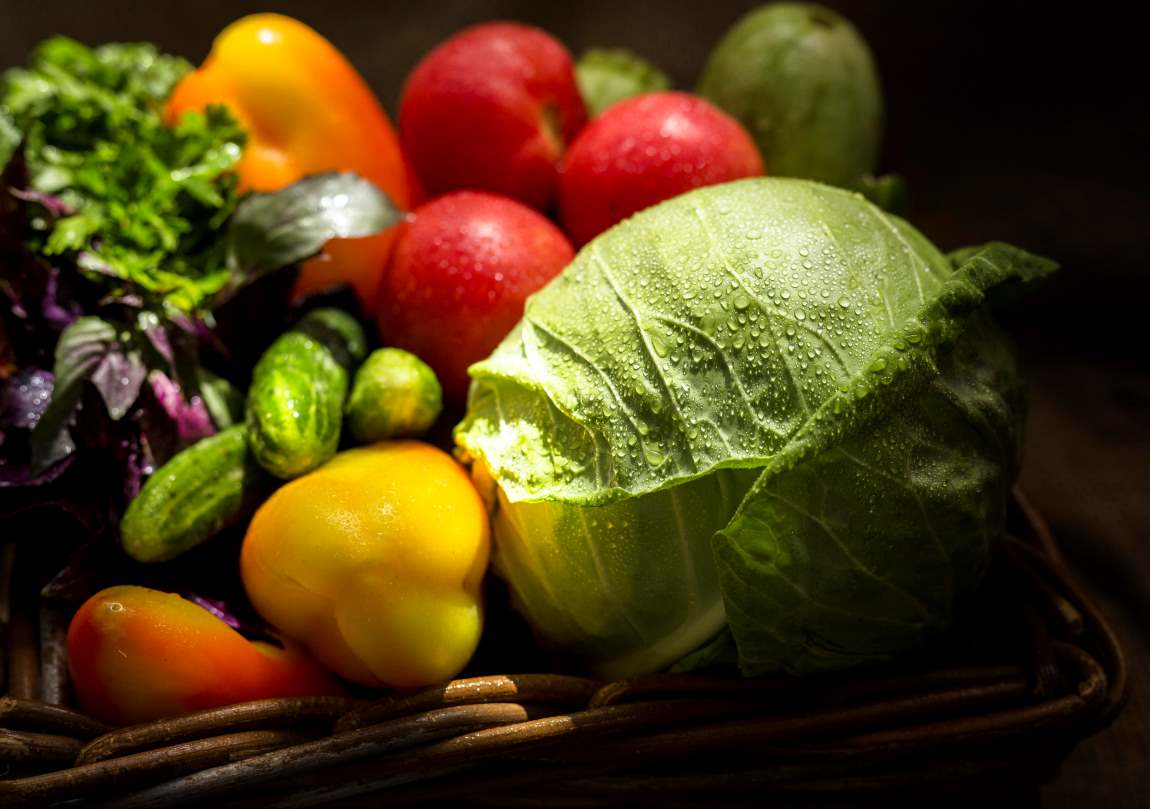As World Food Day approaches on October 16, global food systems face urgent calls for transformation to ensure sustainable and safe nutrition for all.
The global food crisis today reflects a complex interplay of challenges. Climate change, rising non-communicable diseases, and the post-pandemic focus on health have all contributed to a demand for safer and healthier food options. In response, consumers are increasingly gravitating towards organic food.
Although this trend is driven by an awareness of chemical contaminants and a preference for cleaner, more sustainable agricultural practices, it brings new challenges related to food safety and environmental sustainability.
Organic food is widely praised for health benefits such as reduced pesticide residues, increased antioxidants, and improved flavor. Research indicates that organically grown produce often contains higher antioxidant levels and tastes better compared to conventionally grown varieties.
This growing demand for organic food reflects a broader movement towards sustainability. In India alone, the organic food market was valued at $1.278 million in 2022 and is projected to reach $4.6 million by 2028, driven by health-conscious consumers.
The allure of organic produce lies in the perception of purity and safety.
Yet, organic food production faces unique challenges, including contamination risks. Recent studies show that organic food may inadvertently host pathogenic bacteria, which pose risks of gastrointestinal diseases like salmonellosis, cholera, and dysentery. These bacteria, often antibiotic-resistant, can transfer from animal guts to plants through environmental sources like manure, irrigation water, and even airborne transmission.
Research has shown that pathogens residing in organic produce can resist conventional washing methods, entering produce internally and attaching to surfaces. This contamination poses a serious challenge as contaminated produce may not show visible signs of disease, making it difficult to detect without advanced monitoring tools.

Moreover, organic farming practices that use untreated manure and contaminated water sources can amplify these risks. To mitigate this, experts suggest adopting rigorous food safety measures, including sourcing organic manure and composting it using thermal and aerobic methods to destroy harmful bacteria.
Clean irrigation sources and improved field practices are also essential for safe organic food production. Technological solutions, such as real-time microbial monitoring, can further aid in reducing contamination risks throughout the farm-to-table supply chain.
The environmental impact of food production adds another layer of complexity.
The food system is responsible for approximately 30% of annual global greenhouse gas emissions, emphasizing the need for sustainable dietary patterns that minimize environmental damage.
The World Health Organization and the Food and Agriculture Organization define sustainable diets as those that are nutritious, affordable, and culturally acceptable while minimizing environmental impact.
Researchers from the Riddet Institute in New Zealand are using computer-based dietary optimization models to align health and environmental goals with consumer habits. Such models help identify dietary patterns that can reduce carbon emissions while meeting nutritional needs.
For instance, while plant-based diets often have a lower carbon footprint, a sustainable diet doesn’t have to be exclusively vegetarian. In certain cases, small adjustments, such as reducing sugar and fat intake while increasing the consumption of nutrient-dense whole foods, can significantly reduce diet-related emissions and improve overall health.
Adopting a sustainable diet, particularly in a time of economic uncertainty, presents a unique challenge. As food costs continue to rise, consumers may struggle to afford healthier options, especially those that are environmentally friendly. Dietary optimization tools like New Zealand’s iOTA Model aim to bridge this gap by helping consumers make informed food choices that align with their cultural and economic needs.
In addition to being cost-effective, sustainable food choices support long-term health. Consuming a balanced diet rich in fruits, vegetables, and whole grains can improve energy levels, support immune function, and reduce the risk of chronic diseases.
Organic food also plays a role in this sustainable model by offering pesticide-free produce, though safety measures remain paramount.
As we recognize World Food Day, it is essential to foster agricultural practices that prioritize food safety, environmental sustainability, and accessibility for all. Organic farming has shown potential in reducing agricultural chemical use and promoting biodiversity, but its challenges in food safety and pathogen resistance require urgent attention.
The global food crisis today reflects a complex interplay of challenges.
Consumer wellbeing – encompassing nutritional, cultural, and economic dimensions – should be at the forefront of efforts to promote more sustainable diets. This approach not only emphasizes the importance of access to healthy and affordable food, but also respects the unique food traditions and cultural practices of various communities. By prioritizing these elements, sustainable food systems can better meet the diverse needs of consumers while fostering a broader acceptance and adherence to healthier and more sustainable dietary habits.




